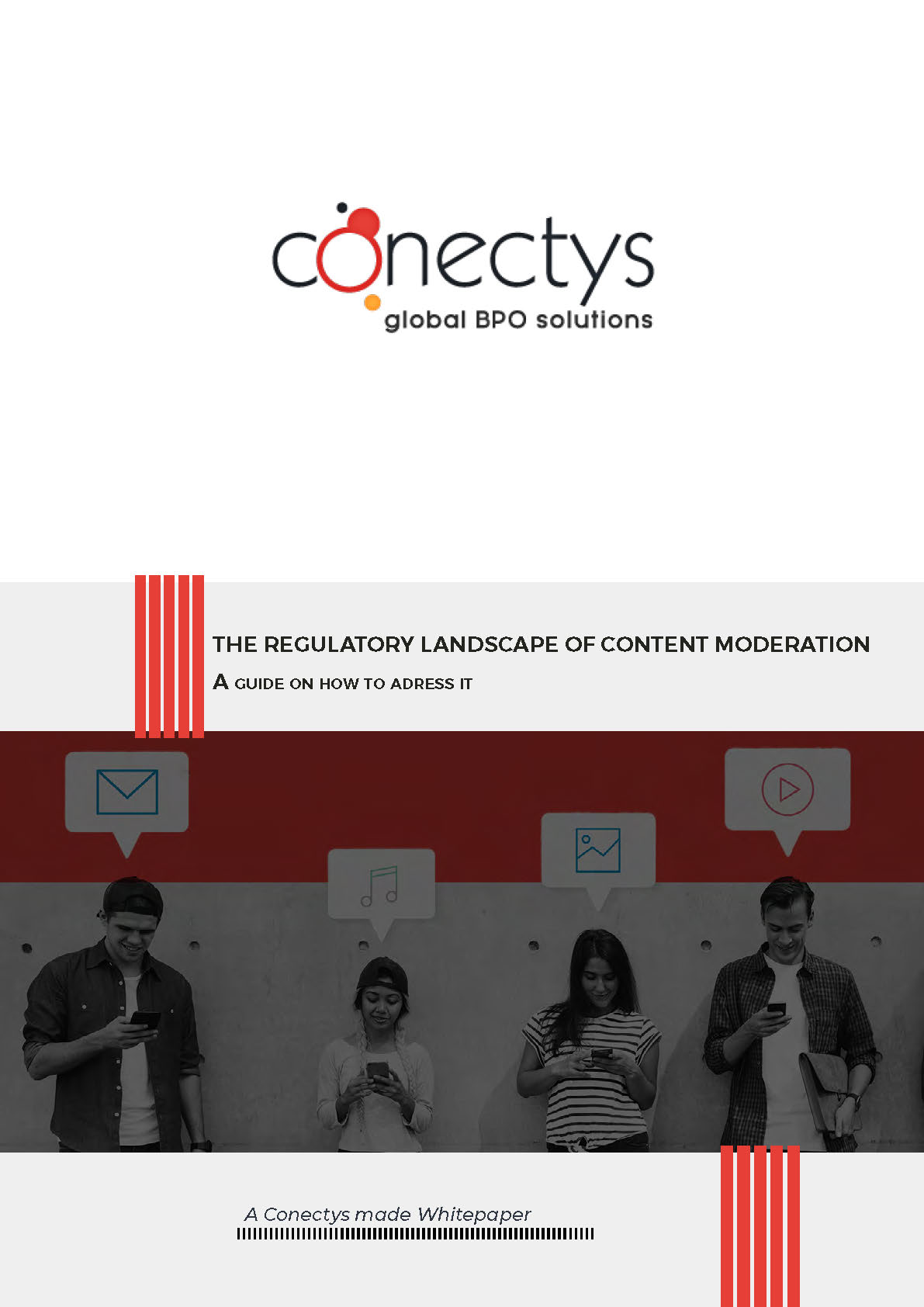Understanding Regulations on Content Moderation
A guide on how to deal with regulations on content moderation
The EU has one context for the moderation of content, and the USA and South America, and Asia are very different. While all governments have the same big goals in mind — make sure that people are not harassed or subjected to negativity online, and make sure the framework of conversation is civil (ideally don’t drag down basic human interaction principles in the process) — the legal and regulatory approach can vary. The world is fairly diverse in its approach to content moderation.
One of the big things to watch in this space is the UK’s Online Safety Bill, which is in draft form. The draft legislation imposes a duty of care on digital service providers to moderate user-generated content in a way that prevents users from being exposed to illegal and/or harmful stuff online.
As you’d expect, the government dubs the plan globally “groundbreaking” and claims it will usher in “a new age of accountability for tech and bring fairness and accountability to the online world”.
Critics warn the proposals will harm freedom of expression by encouraging platforms to over-censor, while also creating major legal and operational headaches for digital businesses that will discourage tech innovation.
We actually reached out to someone at Twitter in the UK, who remarked:
“It’s all part of the world catching up with this ‘industry’ and our industry’s life cycle and maturity. All businesses and industries go through a life cycle from the maverick’s early days to maturity. Even though Social Media (and companies in it) has been around for the bones of 20 years, it appears that only now the world and its governments are getting around to trying to put standards and controls in place. One of the big challenges to the industry is some governments’ approaches and the reasons behind their approach. Are they biased and do they have ulterior motives?”
If your business has ANY type of content that needs to be moderated or any type of user-generated presence, this is absolutely a space to watch for the next 2-3 years and beyond. The legislative and judicial sides will catch up to the tech side.
